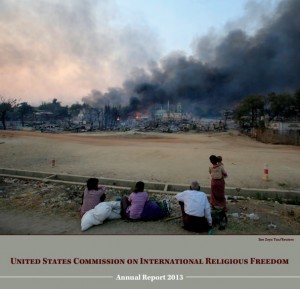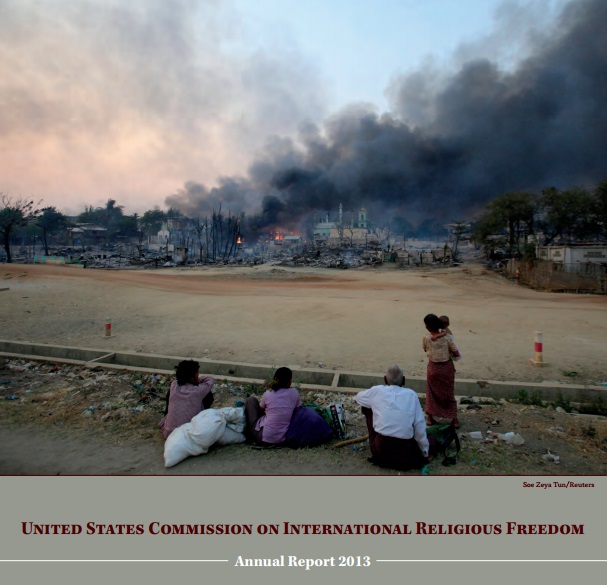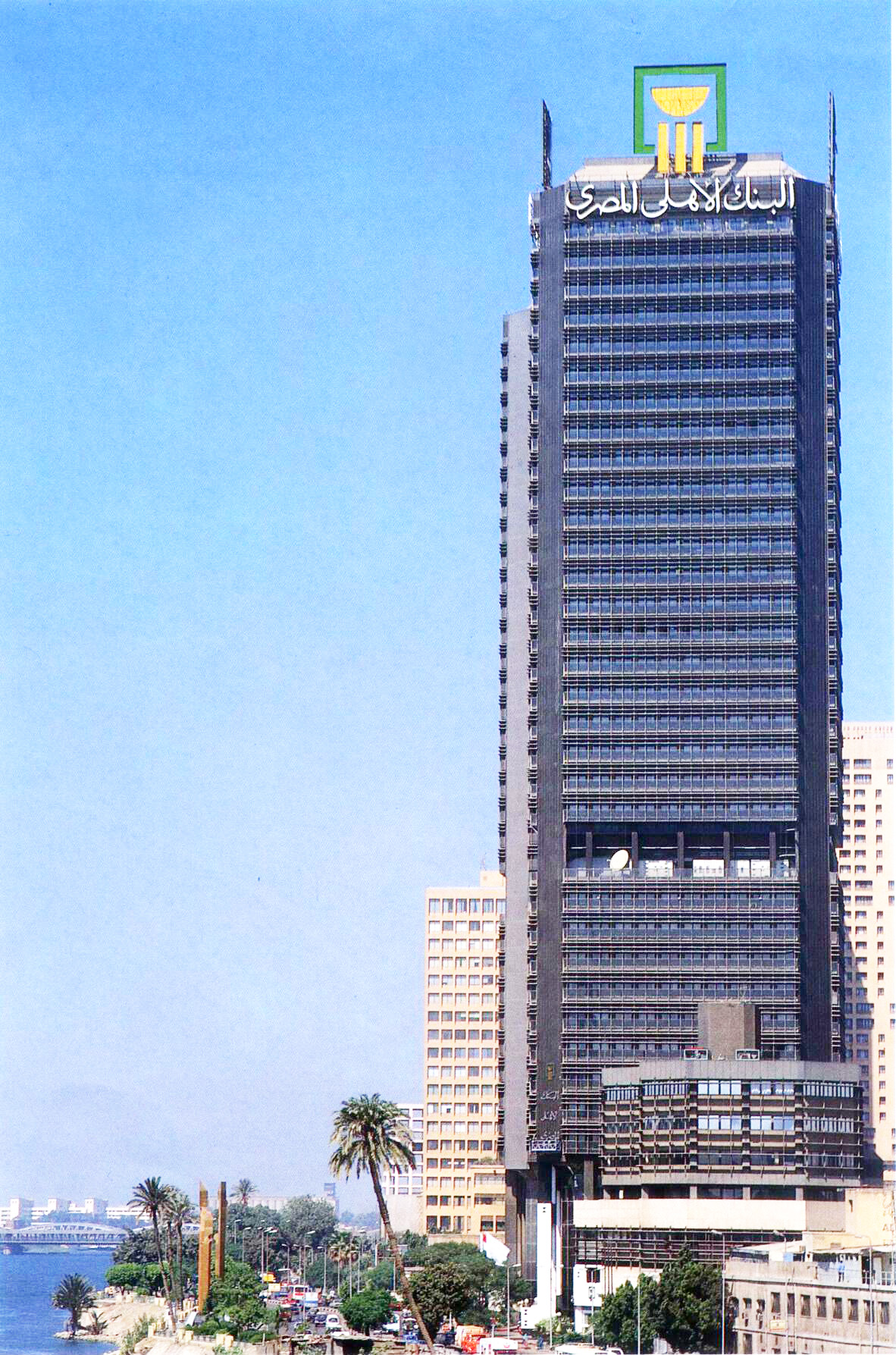
Egypt is one of the 15 worst violators of religious freedom, according to a report released by the United States Commission on International Religious Freedom (USCIRF).
The report included Egypt in the “Tier 1” of its findings, in a category named “countries of particular concern.” The USCIRF says that those countries are ones in which “governments…have engaged in or tolerated ‘particularly severe’ violations of religious freedom.” It goes on to define “particularly severe violations” as ones that are “systemic, ongoing, and egregious.”
The report includes findings ranging from 31 January 2012 to 31 January 2013. “Despite some progress during a turbulent political transition, the Egyptian government has failed or been slow to protect religious minorities, particularly Coptic Orthodox Christians from violence,” said the USCIRF. “It continues to prosecute, convict, and imprison Egyptian citizens including Copts and dissenting Muslims, for ‘contempt’ or ‘defamation’ of religion.”
The USCIRF blamed slow government reaction to protect religious minorities for “fostering a climate of impunity.”
“The United States should more actively press the Egyptian government to undertake reforms to improve religious freedom conditions, including repealing decrees banning religious minority faiths, removing religion from official identity documents, and accelerating the passage of a law for the construction and repair of places of worship,” said the report among its list of recommendations. It also suggested conditioning military aid on the progress of religious freedom in the country.
The USCIRF also highlighted concerns it had with some articles in the constitution, including Article 43, which it says can be interpreted to marginalise the country’s Baha’is, atheists, and agnostics. The following article, which forbids insulting religion, was also included in the report, indicating that in post-revolution Egypt the number of cases for contempt of religion had increased.
The committee also took note of incitement that led to heightened sectarian tensions in Egypt, especially leading up to the 2012 presidential elections.
It went on to say that the government needed to face various forms of discrimination not enshrined by law, but existed as “de facto” manifestations, including absence of a significant participation by Christians in high-level government and military posts.
The report also mentioned the ongoing plight of Baha’is, who still face various forms of societal and institutional discrimination as it relates to personal status laws and official government documentation.
Recommendations included adjusting the constitution to comply with the fundamentals of the freedom of religion and belief, cracking down on those responsible for sectarian incitement, and the establishment of a special unit within the office of the Prosecutor General to investigate incidents of violence motivated by sectarian elements.
The report also called on the government to repeal the 1960 presidential decree that banned members of the Baha’i faith and Jehovah’s Witnesses from practicing their faiths. It also recommended that religion is not politicised by security and judicial entities and withholding military assistance until the government is capable of implementing policies that protect individual freedom in Egypt.
The USCIRF was established in 1998 as an independent government body that makes recommendations to the president, Secretary of State, and Congress.
The 14 other nations categorised as “countries of particular concern” include Burma, China, Eritrea, Iran, North Korea, Saudi Arabia, Sudan, Uzbekistan, Iraq, Nigeria, Pakistan, Tajikistan, Turkmenistan, and Vietnam.

